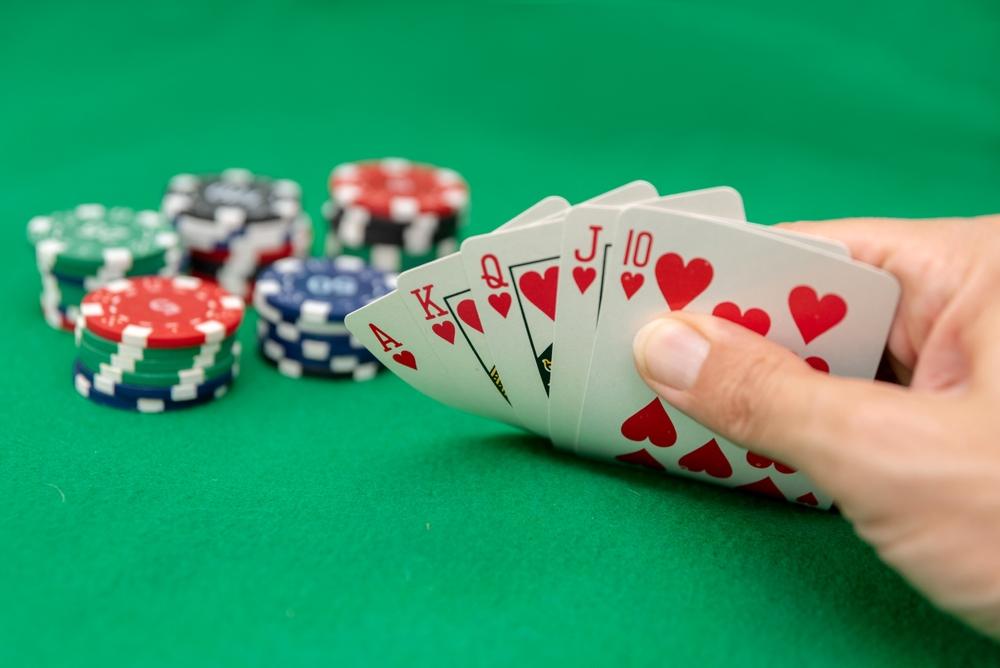
Even the most experienced poker players can fall into certain traps that affect their overall game. Recognizing these common mistakes is essential to improving your skills and staying competitive at the poker table. In this article, we’ll discuss four frequent poker mistakes and provide tips on how to avoid them, so you can maximize your success and enjoy the game with more confidence.
Playing Too Many Hands
One of the most common mistakes, especially for beginners, is playing too many hands. It’s easy to get drawn into the excitement and feel compelled to participate in every round, but this approach can quickly drain your chip stack. In poker, patience is key, and it’s crucial to be selective with the hands you choose to play.
A more disciplined approach involves folding weak hands early and only committing to hands with good starting potential. Strong hands, such as high pairs or suited connectors, have better odds of developing into winning combinations. By focusing on quality over quantity, you’ll be in a better position to manage your chips effectively and minimize unnecessary losses.
Ignoring Position
Another mistake players often make is failing to consider their position at the table. Position refers to your seat in relation to the dealer and affects your betting strategy. Players in early positions act first and have less information, while those in later positions can observe others before making decisions.
Late positions provide a strategic advantage, as you can make informed decisions based on the actions of your opponents. Being aware of your position allows you to adjust your strategy accordingly, giving you more control over the game. To capitalize on position, focus on playing stronger hands from early positions and expand your hand selection when you’re in a later position.
Overvaluing Hands
Some players become too attached to specific hands, even when the odds of winning are slim. It’s essential to recognize when your hand isn’t likely to improve or hold up against potential combinations. This is especially true for hands like low pairs or suited cards with low kickers, which may seem promising but are often outmatched by stronger hands.
To avoid overvaluing your hand, evaluate the potential outcomes realistically. If the community cards don’t support a strong combination, it may be better to fold rather than risk more chips. By staying flexible and not getting emotionally attached to particular hands, you’ll make more objective decisions and improve your chances of winning.
Failing to Read Opponents
Reading your opponents is a critical aspect of poker, yet many players overlook this skill. Observing how others play and picking up on their tendencies can provide valuable insights into their strategies and hand strength. Failing to read your opponents can lead to missed opportunities to bluff or fold at the right time.
Pay attention to patterns in their betting behavior, body language, and overall demeanor. If an opponent consistently folds under pressure, you might be able to apply pressure with a well-timed bluff. Conversely, if a player frequently calls or raises, they may have a stronger hand. Developing this skill takes practice, but the more you focus on reading others, the better you’ll become at anticipating their moves and adapting your strategy.
Enhancing Your Poker Game
Avoiding these common poker mistakes can significantly improve your overall game. By playing selectively, using your position wisely, valuing hands realistically, and learning to read opponents, you’ll become a more disciplined and strategic player.
Poker is as much about strategy and observation as it is about the cards you’re dealt. By minimizing these mistakes and focusing on refining your skills, you’ll not only enjoy the game more but also increase your chances of long-term success at the poker table.